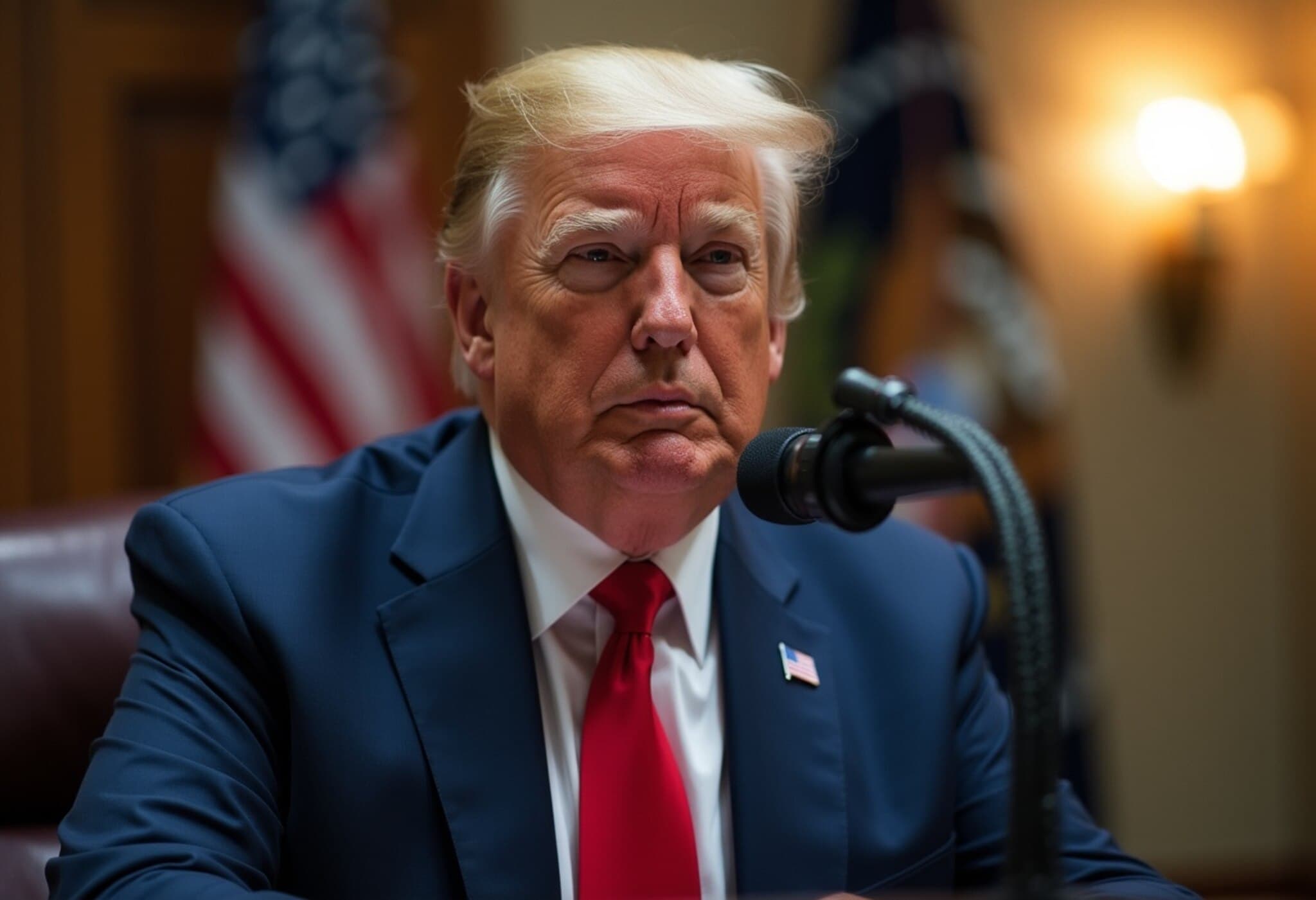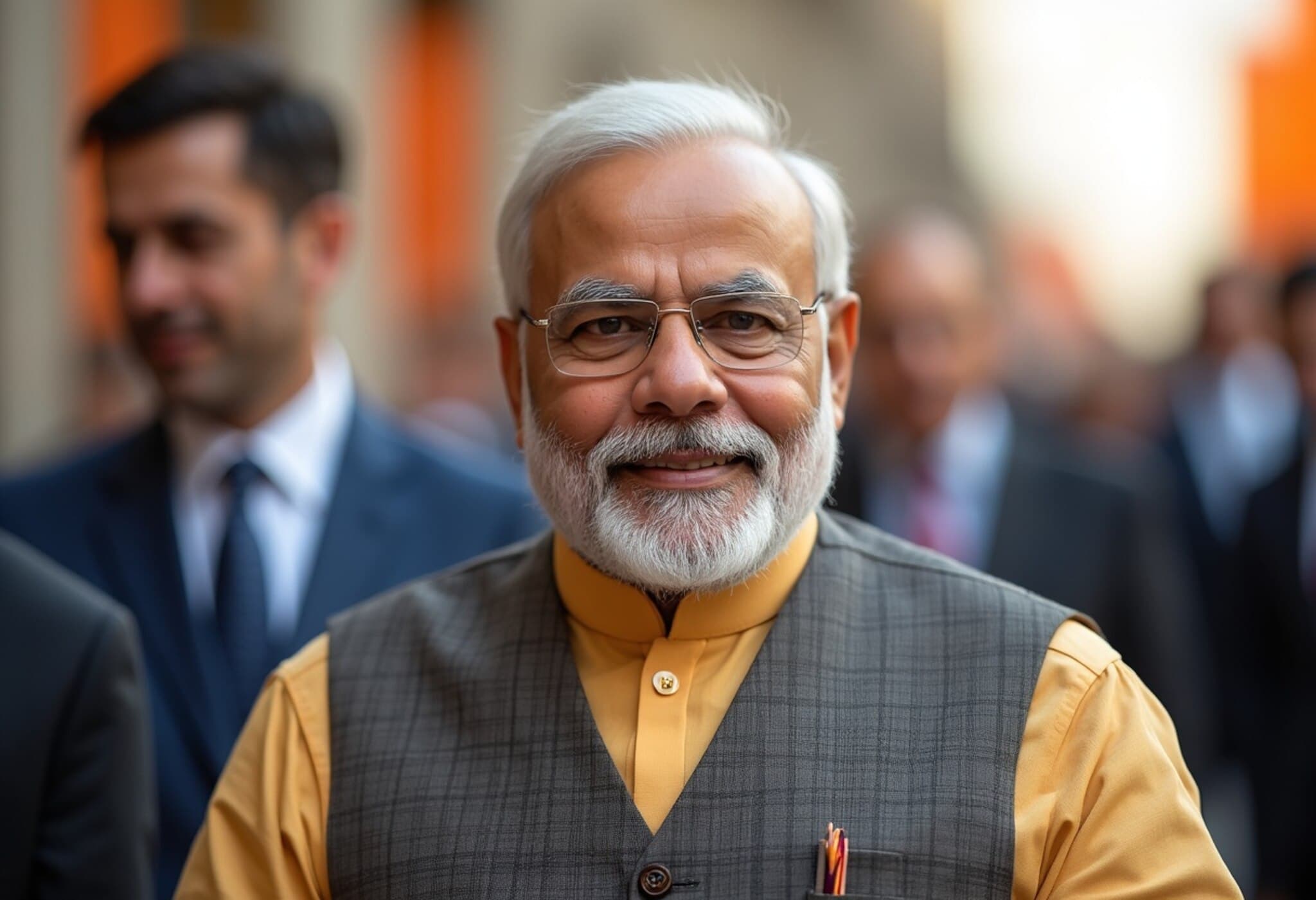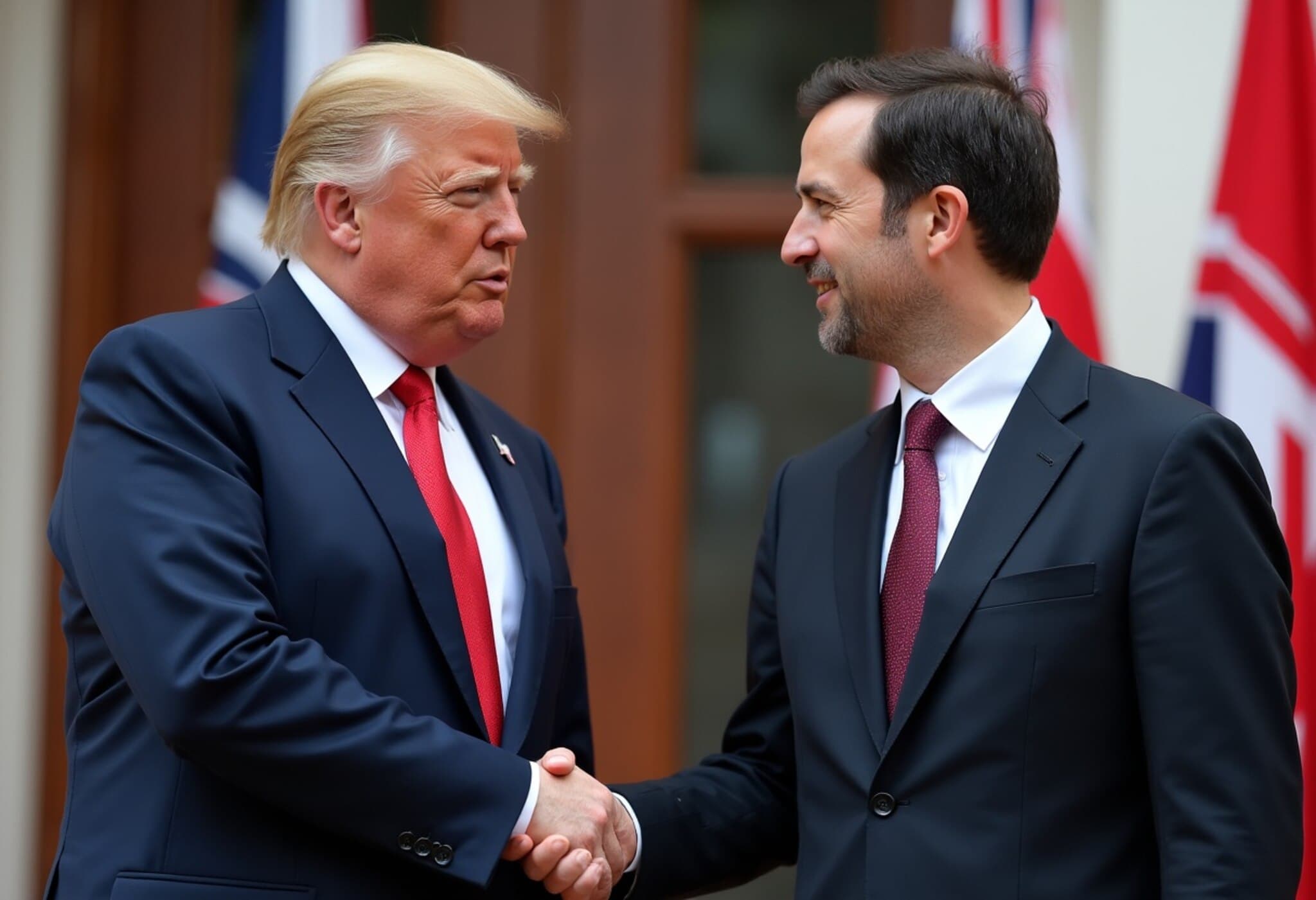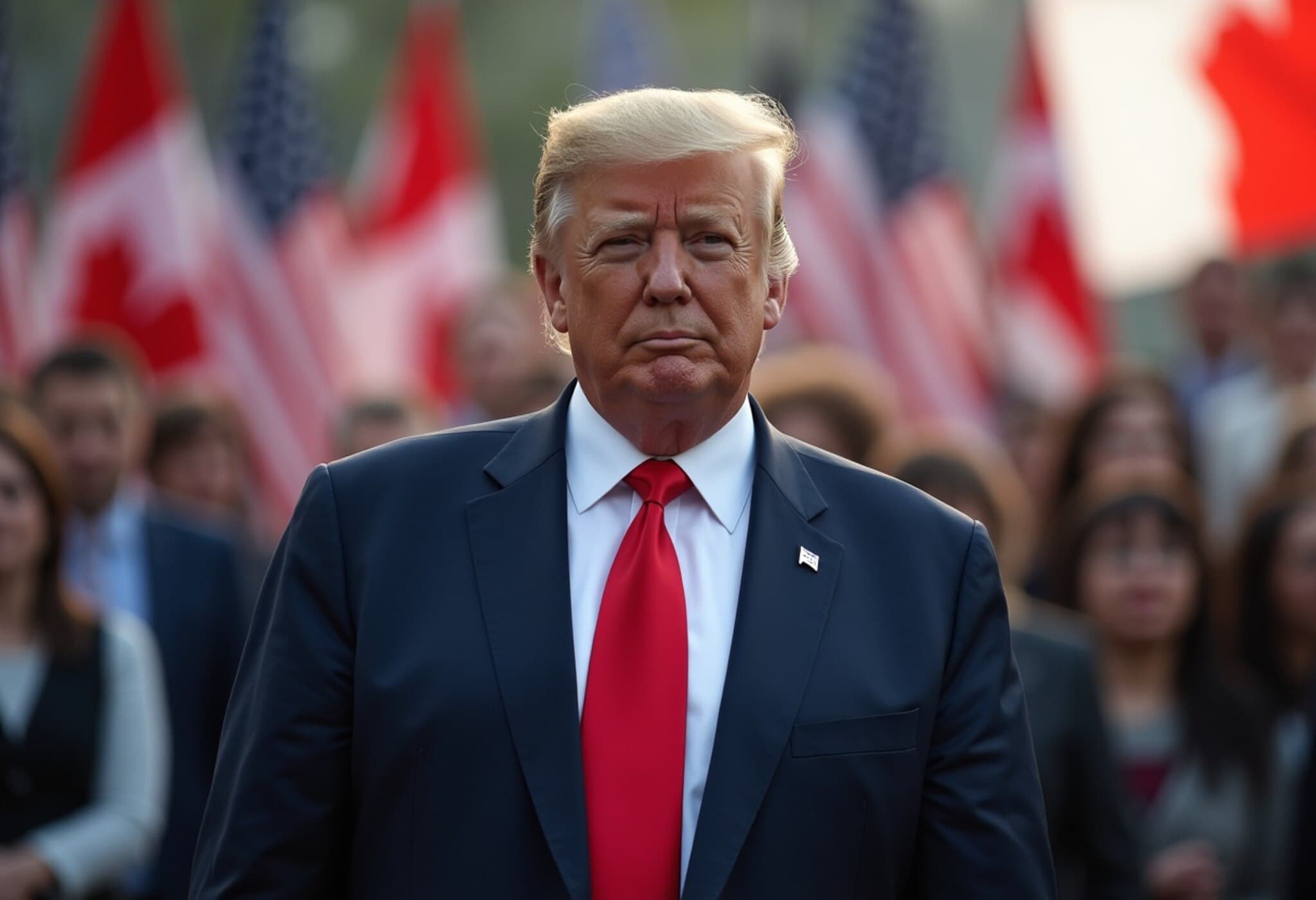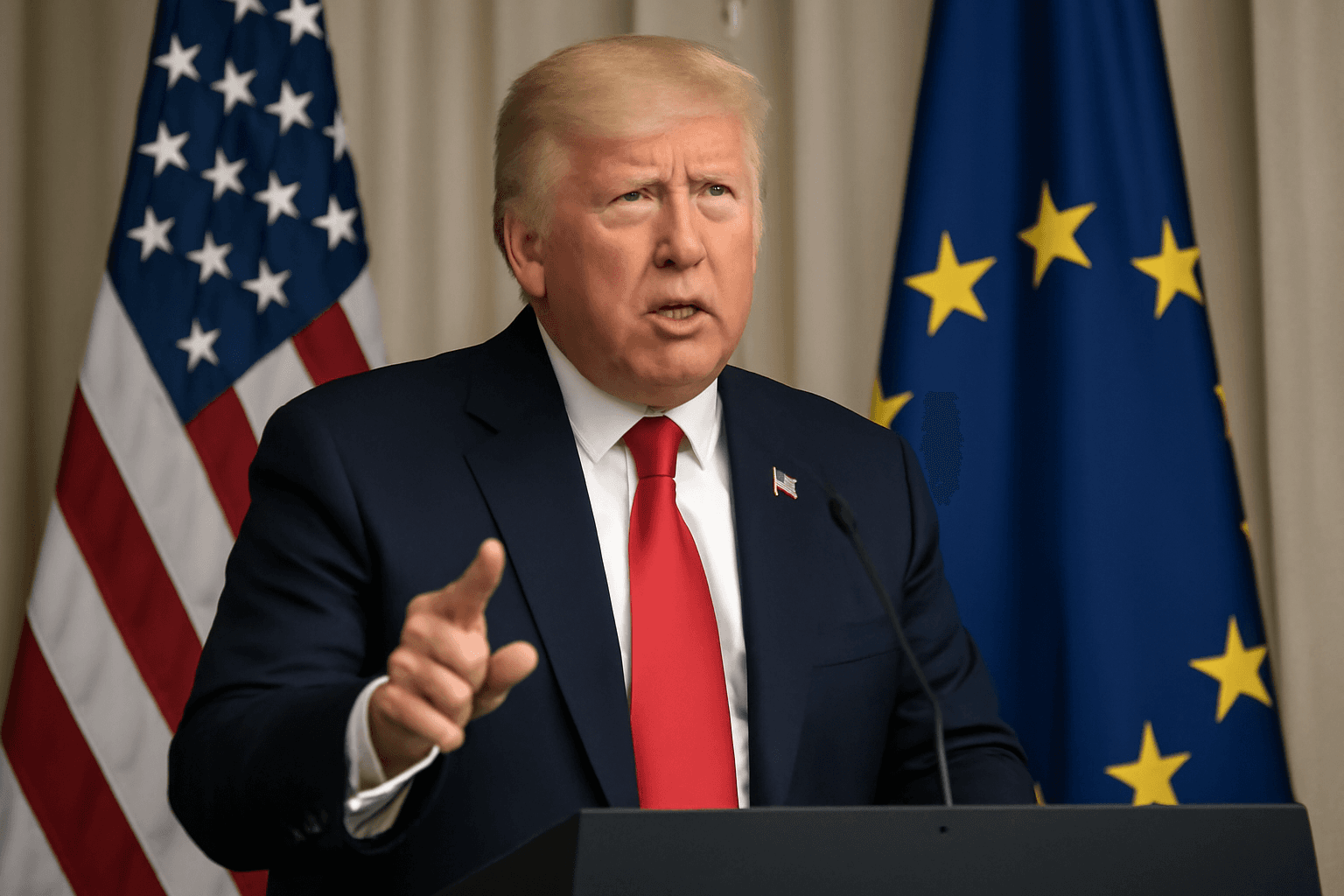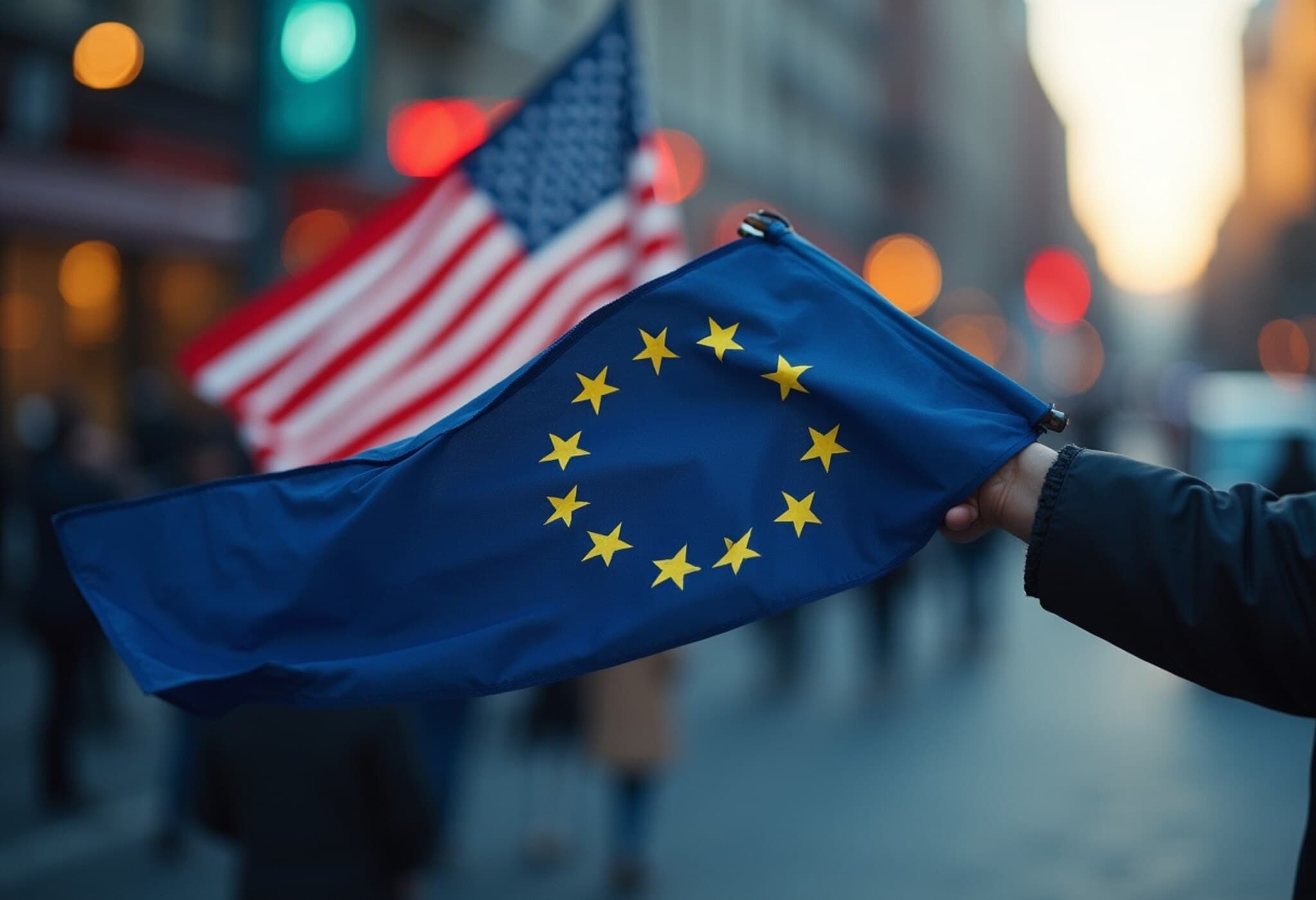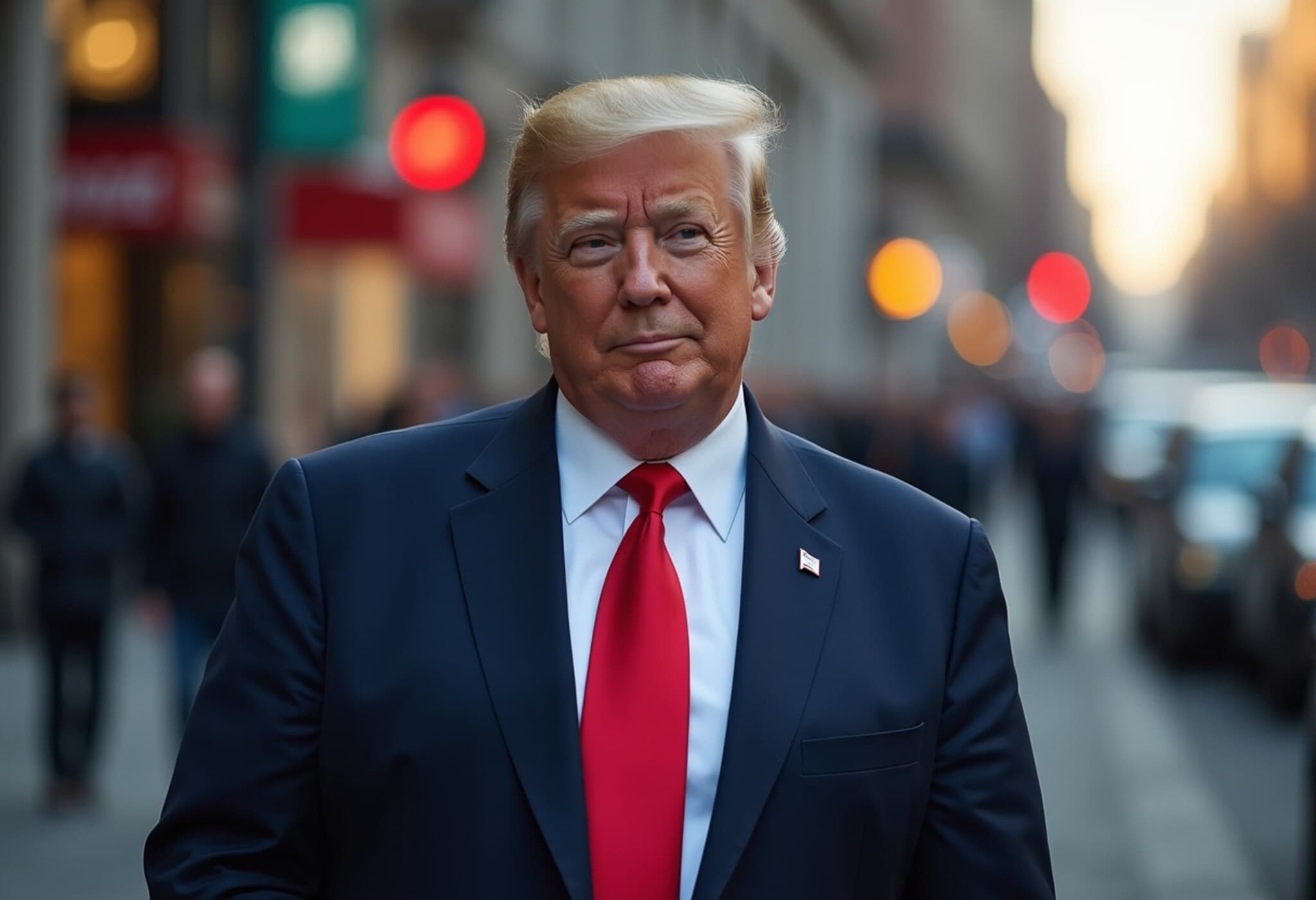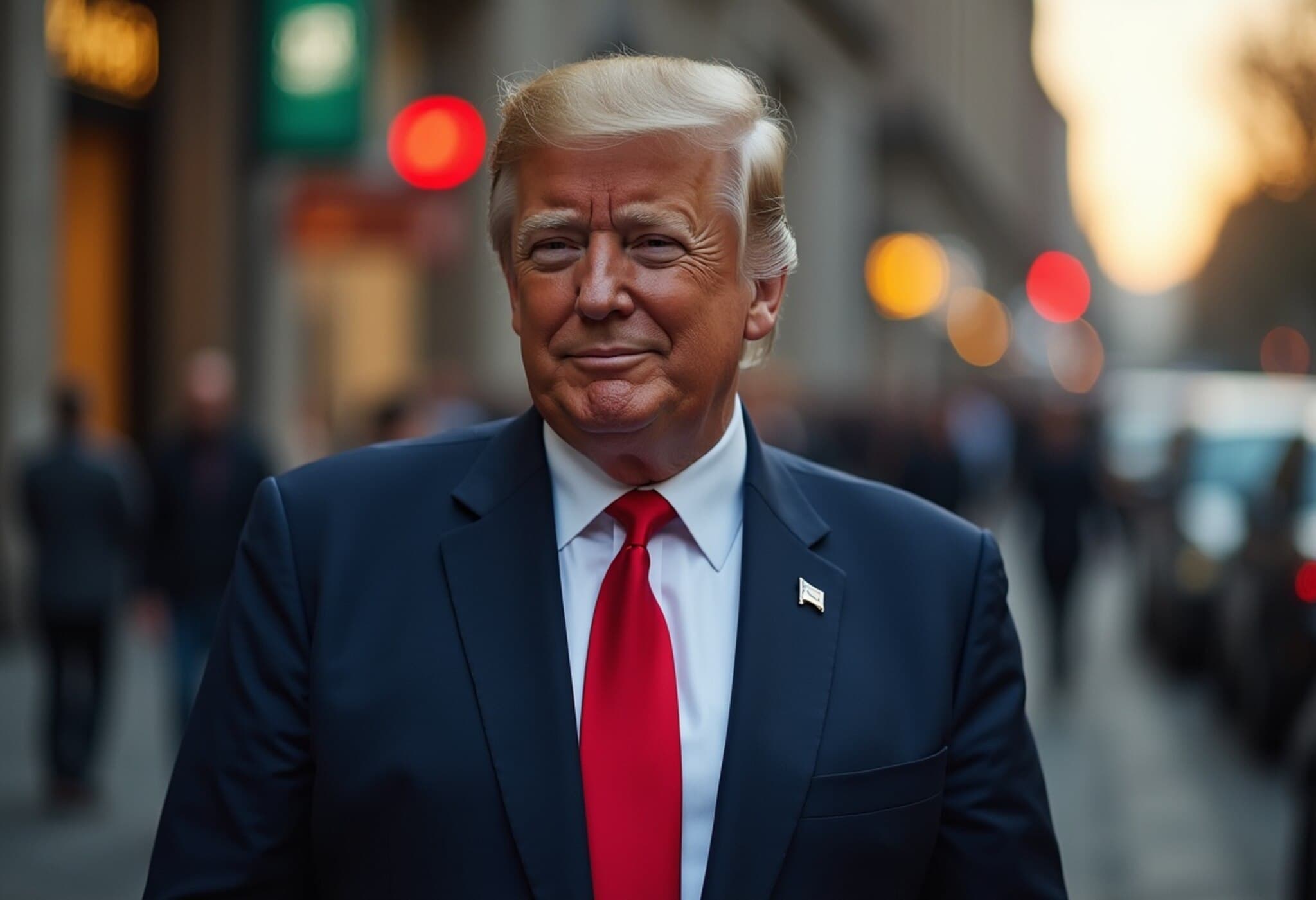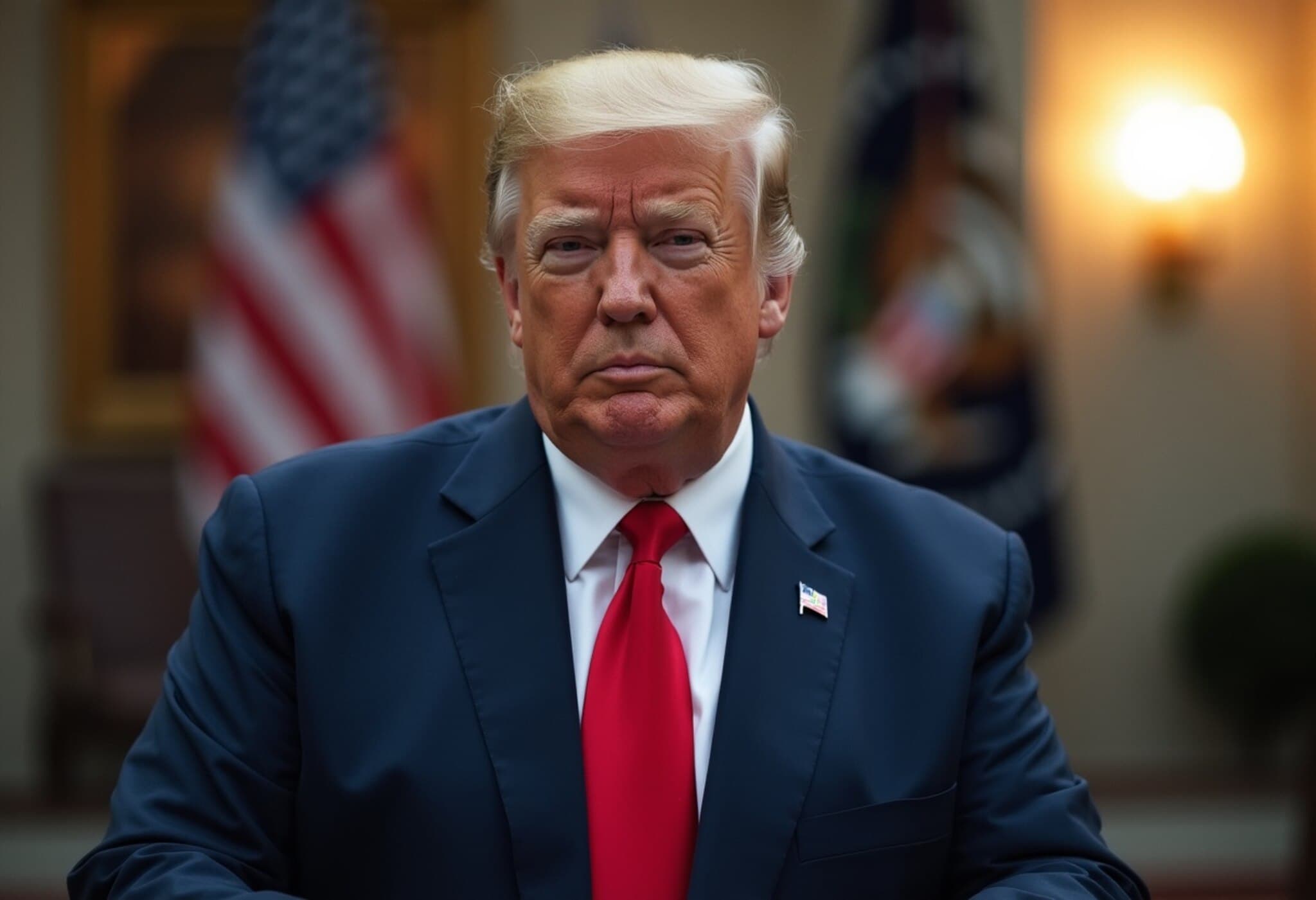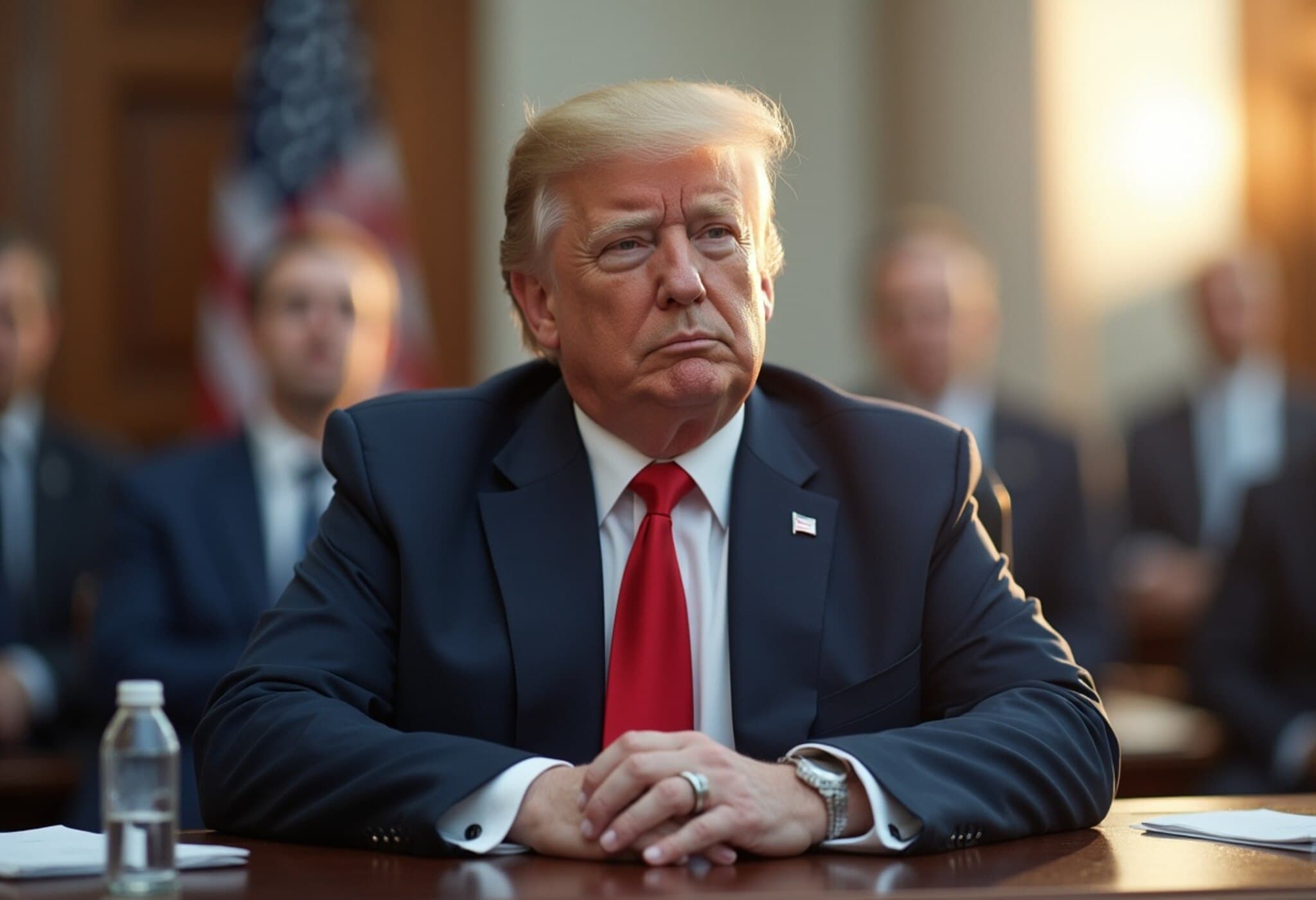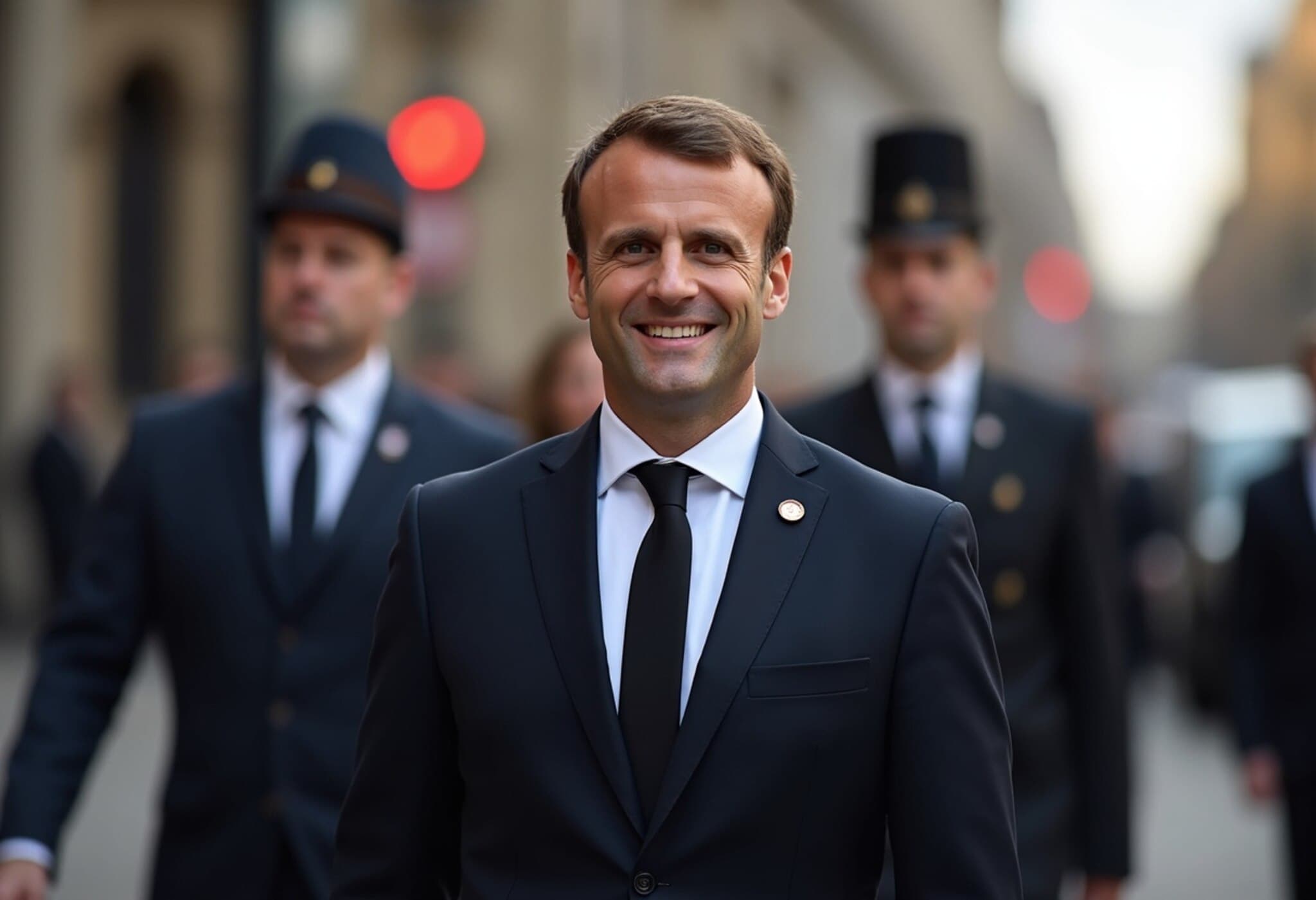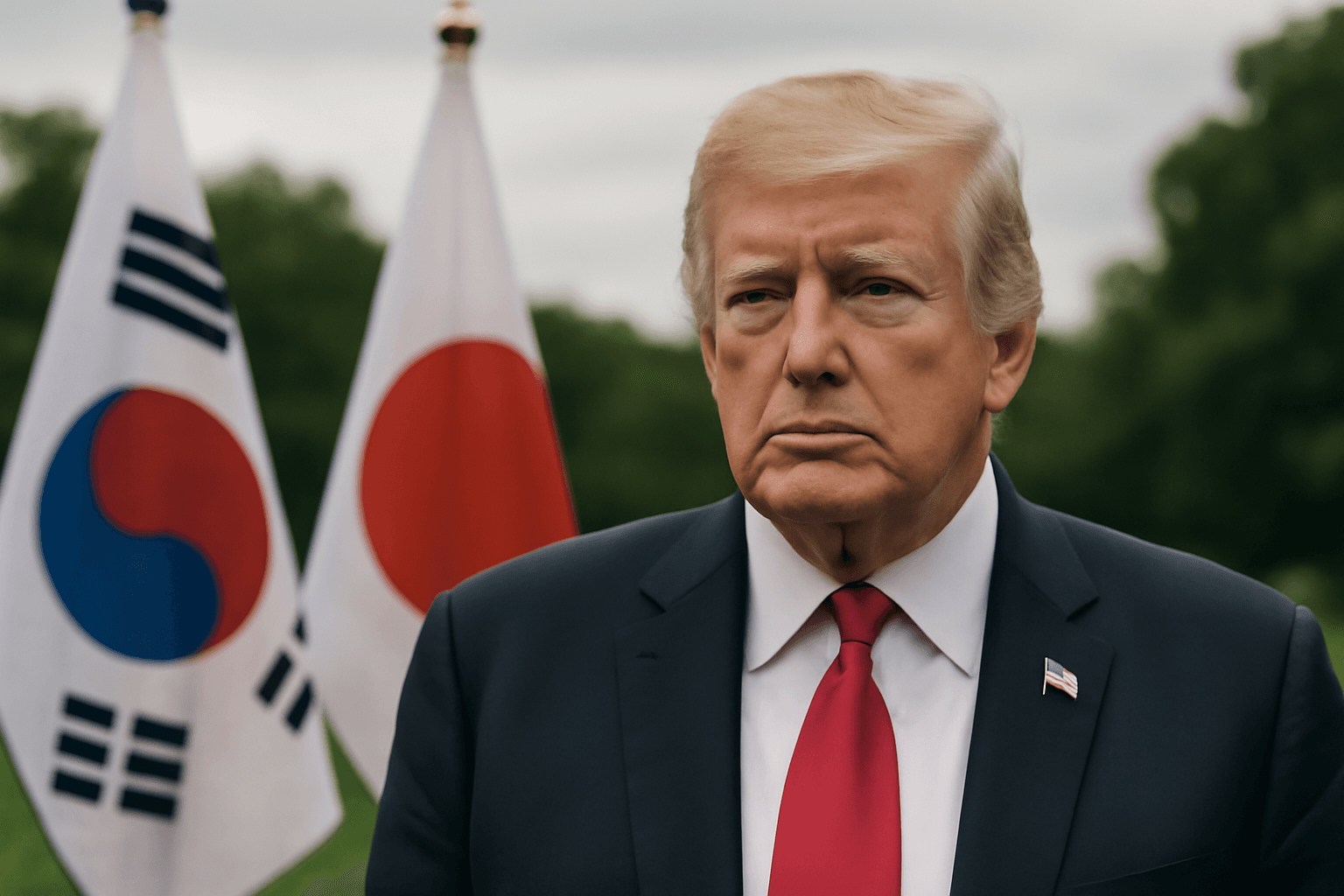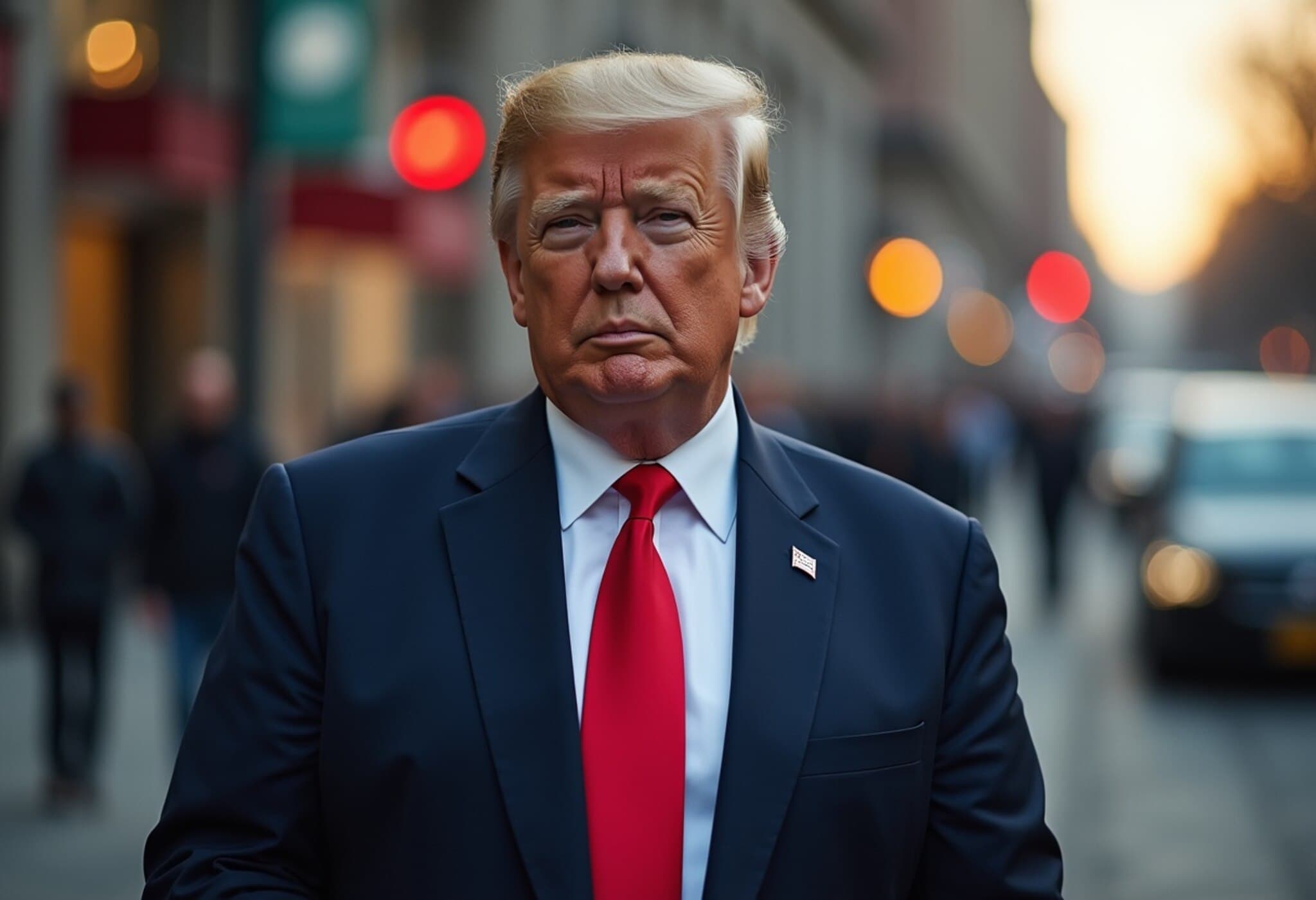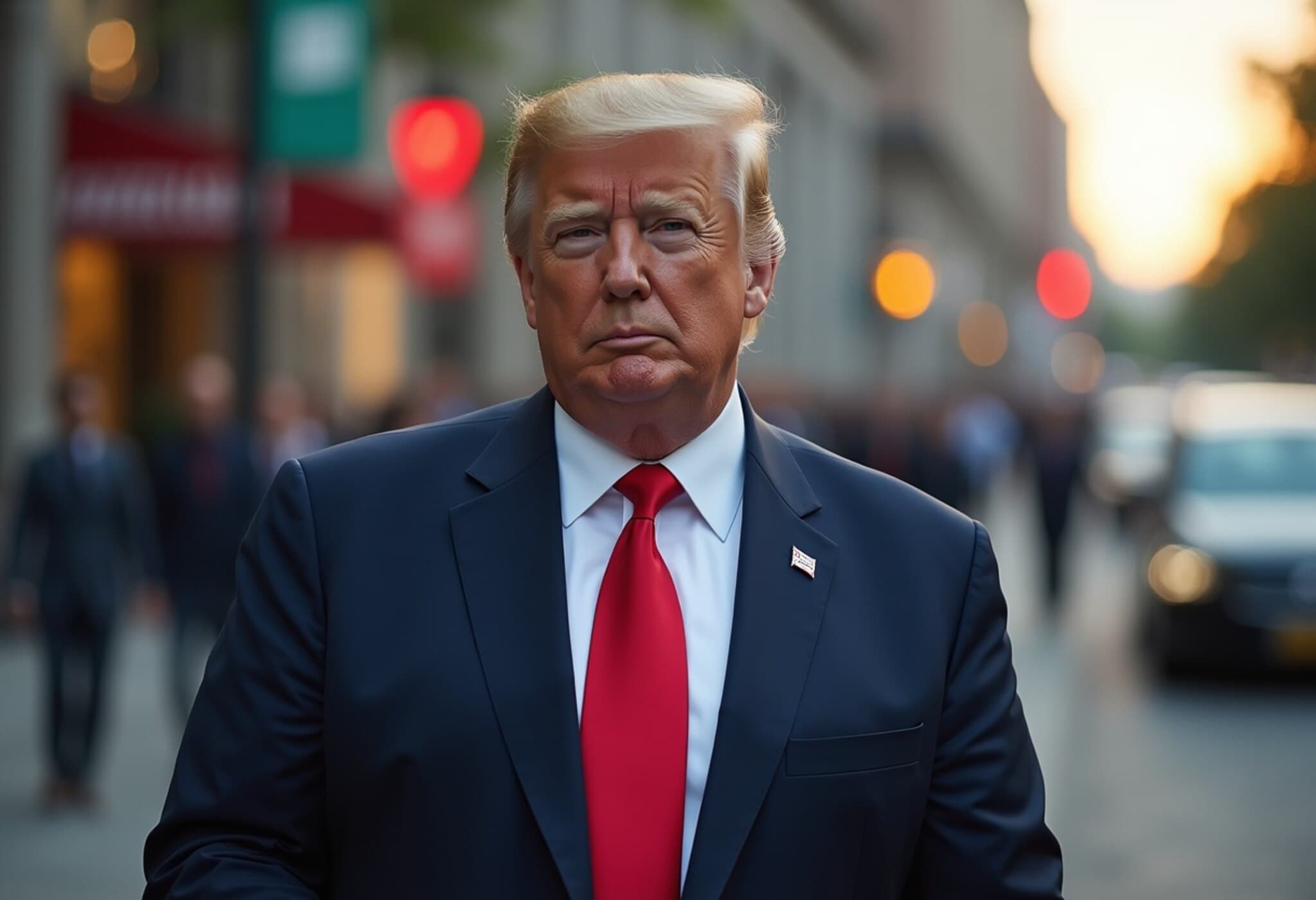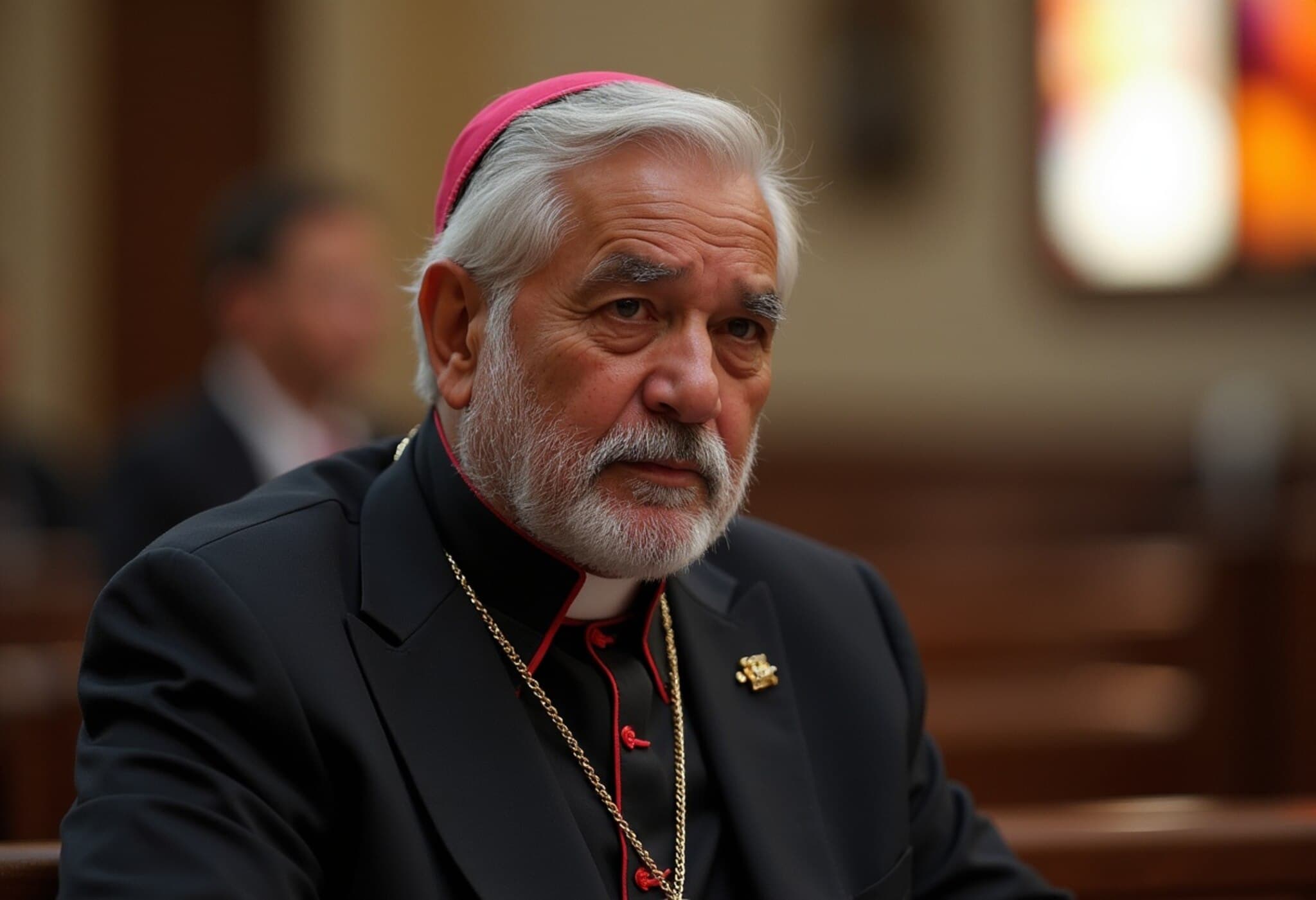Trump Escalates Trade Conflict with Brazil, Announces 50% Import Tariff
In a sharp escalation of trade tensions, former U.S. President Donald Trump announced on July 9, 2025, that the United States will impose a staggering 50% tariff on imports from Brazil. This move marks a dramatic increase from the 10% tariff implemented earlier in April and signals a new level of economic pressure directed at Brazil amidst ongoing political friction between the two nations.
Tariffs Tied to Political Retaliation and Trade Disputes
Trump’s announcement was delivered via a publicly shared letter addressed to Brazilian President Luiz Inácio Lula da Silva. Notably, this tariff surge is linked not only to economic grievances but explicitly to Brazil’s judicial actions against former Brazilian President Jair Bolsonaro, a staunch ally of Trump.
In the letter, Trump decries the prosecution of Bolsonaro—who faces allegations of attempting to overturn Brazil’s 2022 election results—as an “international disgrace.” This characterization and subsequent tariff hike represent a rare instance where U.S. trade policy is being leveraged in direct response to another nation’s internal political and legal matters.
Economic Rationale and Controversies
The letter also highlights claims of a “very unfair trade relationship” and accuses Brazil of engineering “unsustainable trade deficits” harmful to the U.S. economy and national security. However, this rationale raises eyebrows for experts and observers alike, as official data from the United States Census Bureau indicates that the U.S. actually held a $7.4 billion goods trade surplus with Brazil in 2024.
Moreover, Trump announced the initiation of a formal investigation into Brazil’s trade practices concerning digital commerce, accusing the South American nation of launching “continued attacks on the digital trade activities of American companies.” This adds another layer of complexity to the widening trade dispute.
Market Impact and Global Repercussions
The immediate economic fallout was palpable. Following the tariff announcement, Brazil's currency, the real, plunged over 2% against the U.S. dollar—reflecting investor jitters and the increased economic uncertainty. Analysts warn that such abrupt tariff hikes risk escalating into full-blown trade wars that could ripple beyond bilateral relations, affecting global supply chains and stability.
The timing of the tariffs also dovetails with a spate of similar letters Trump has sent to other world leaders, slapping steep tariffs on their exports. However, the Brazil case stands apart due to its direct linkage to political retaliation—raising profound questions about the evolving role of trade policy as a tool of international diplomatic pressure.
What Lies Ahead for U.S.-Brazil Relations?
- Political Friction: The Bolsonaro prosecution saga and Trump’s vocal support for the former Brazilian president have strained diplomatic channels.
- Economic Uncertainty: Businesses on both sides face tariffs that could increase costs, disrupt supply chains, and dampen investment.
- Legal and Trade Investigations: The looming probe into Brazilian digital trade practices may lead to further sanctions or demands for regulatory changes.
- Regional Dynamics: The move may influence neighboring countries’ perceptions of U.S. trade policy and its interplay with political considerations.
As trade and political uncertainties deepen, industry groups and economic analysts urge Washington and Brasília to seek dialogue and negotiate sustainable solutions to avoid protracted conflict.
Expert Insight: The Fine Line Between Trade and Diplomacy
Trade experts note that while tariffs have long been used as leverage in international negotiations, the use of punitive tariffs to respond to judicial proceedings in a sovereign country sets a risky precedent. It invites debates about sovereignty, international norms, and the potential weaponization of economic policy for political ends.
From a U.S. perspective, framing trade disputes as national security threats, especially when data suggest otherwise, reflects a broader trend in protectionist policymaking. This invites policymakers to critically assess whether such measures ultimately serve American economic interests or exacerbate geopolitical instability.
Editor’s Note
The recent announcement by Donald Trump to impose a 50% tariff on Brazilian imports underscores the increasingly intertwined nature of trade policy and political agendas. While framed as a response to perceived unfair trade practices and concerns over Bolsonaro's prosecution, the move poses fundamental questions about the limits of economic retaliation in international relations.
Readers are encouraged to consider: Can escalating tariffs strengthen U.S. strategic positions, or do they risk alienating allies and disrupting global markets? How should the U.S. balance economic interests with respect for foreign democratic processes?
As this story develops, monitoring the impacts on U.S.-Brazil trade, diplomatic ties, and multinational companies will be crucial for understanding the evolving global trade landscape.

